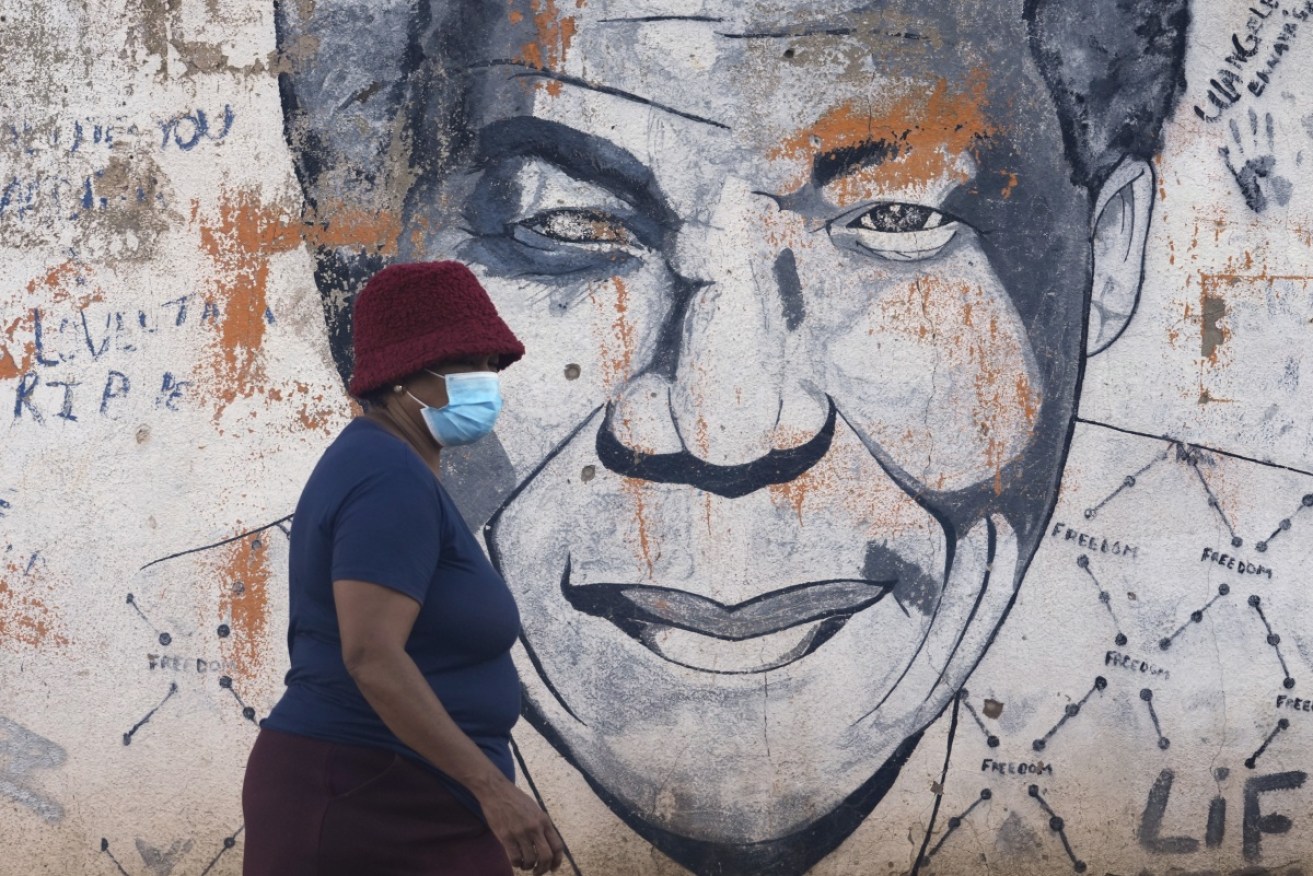Omicron sub-lineages dodge immunity: study

Only 30 per cent of South Africa's population of 60 million is fully vaccinated against COVID-19. Photo: AP
Two new sub-lineages of the Omicron coronavirus variant can dodge antibodies from earlier infection well enough to trigger a new wave, but are far less able to thrive in the blood of people vaccinated against COVID-19, South African scientists have found.
The scientists from multiple institutions were examining Omicron’s BA.4 and BA.5 sub-lineages – which the World Health Organisation last month added to its monitoring list.
They took blood samples from 39 participants previously infected by Omicron when it first showed up at the end of last year.
Fifteen were vaccinated – eight with Pfizer’s shot; seven with J&J’s – while the other 24 were not.
“The vaccinated group showed about a 5-fold higher neutralisation capacity … and should be better protected,” said the study, a pre-print of which was released over the weekend.
In the unvaccinated samples, there was an almost eightfold decrease in antibody production when exposed to BA.4 and BA.5, compared with the original BA.1 Omicron lineage. Blood from the vaccinated people showed a threefold decrease.
South Africa may be entering a fifth COVID wave earlier than expected, officials and scientists said on Friday, blaming a sustained rise in infections that seems to be driven by the BA.4 and BA.5 Omicron sub-variants.
Only about 30 per cent of South Africa’s population of 60 million is fully vaccinated.
“Based on neutralisation escape, BA.4 and BA.5 have potential to result in a new infection wave,” the study said.
-Reuters








